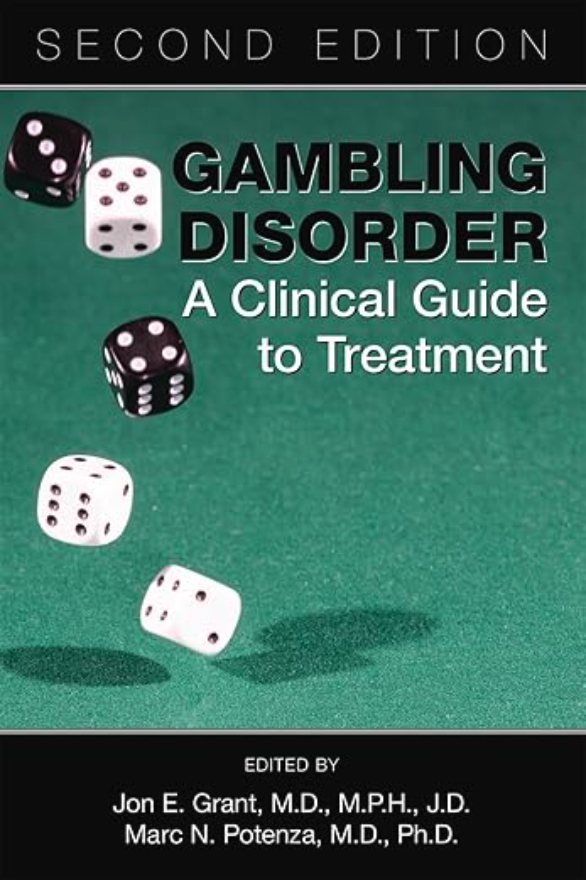8 Common Gambling Addiction Warning Signs
These aren’t just behaviors—they’re signals that something deeper may need care and attention.
- Preoccupation with Gambling: Constantly thinking about past wins, future bets, or current odds. This obsession interrupts everyday focus and moments with loved ones.
- Chasing Losses: Trying to recover lost money through more gambling. This cycle increases risk, debt, and emotional volatility.
- Lying or Hiding Gambling Behavior: Hiding receipts, deleting apps, or lying about spending often stems from shame—not just secrecy.
- Neglecting Responsibilities: Gambling overrides work, family, sleep, or even basic self-care. Priorities begin to shift toward the next bet.
- Emotional Withdrawal: Irritability, restlessness, or anxiety when not gambling can mimic withdrawal symptoms found in substance addictions.
- Using Gambling to Cope: When stress, sadness, or loneliness strikes, gambling becomes an emotional escape rather than a form of recreation.
- Borrowing or Selling to Gamble: When money runs out, the person may borrow from others or sell items to keep gambling—risking both finances and trust.
- Inability to Stop Despite Consequences: Even after severe fallout—like lost jobs or strained relationships—the urge to gamble overpowers reason.
Risk Factors That Increase Vulnerability
Gambling addiction can affect anyone—but certain factors may increase risk:
- Mental Health Conditions: Depression, anxiety, PTSD, and ADHD can drive gambling as a form of emotional escape.
- Family History of Addiction: Growing up in environments where addictive behaviors are normalized makes patterns harder to break.
- Early Exposure to Gambling: Youth who gamble through apps, games, or early access may build unhealthy patterns into adulthood.
- Impulsivity and Sensation-Seeking: The rush of gambling attracts those who struggle with delayed gratification or risk management.
- Easy Environmental Access: Proximity to casinos or use of gambling apps makes it easier to act on impulse without barriers.
- Stressful Life Events or Isolation: Divorce, grief, unemployment, or lack of emotional support can push individuals to gamble for distraction or control.
Podcasts That Offer Real-Life Support and Insight on Gambling Addiction Warning Signs
- The Problem Gambling Podcast: Hosted by counselors, it shares stories and recovery conversations.
- The Broke Girl Society: Christina’s journey through gambling addiction, especially relevant for women in recovery.
- All In: The Addicted Gambler’s Podcast: Honest and raw stories from individuals and families affected by gambling.
- The Gambling Recovery Lounge: A community-focused show exploring emotional healing and rebuilding.
Recommended Reading About Gambling Addiction Warning Signs
Featured Book Review
 Gambling Disorder by Jon E. Grant & Marc N. Potenza
Gambling Disorder by Jon E. Grant & Marc N. Potenza
A comprehensive, research-based clinical guide that explores the diagnosis, biology, and treatment of gambling disorder. Grant and Potenza present evidence-supported approaches used by leading specialists, offering clear strategies for assessment, intervention, relapse prevention, and long-term management. Ideal for clinicians and anyone seeking a deeper understanding of the complexities behind gambling addiction.
Recovery takes guidance, and books can provide both comfort and practical strategies. Visit our Books Page for Healing and Recovery collection to explore guides, memoirs, and workbooks that support lasting change.
Gentle Steps Toward Healing
Feeling tense or disconnected during recovery?
Somatopia’s somatic healing courses help you release emotional stress stored in the body through guided, body-based practices. These lessons restore calm, balance, and connection—powerful allies in your gambling recovery journey.
If you recognize these signs or feel vulnerable to the risks, here are some gentle ways to begin:
- Subscribe to our newsletter – for weekly support and recovery tools
- Visit the Structured Path to Gambling Recovery
- Explore Emotional Support Resources – whether you’re struggling yourself or supporting a loved one
Final Thought
Gambling addiction doesn’t always start with big losses—it often begins with quiet pain. A missed moment with your child. A secret transaction. A craving for control.
But healing is possible. And it starts by naming what’s been hidden.
You’re not broken. You’re already on your way.





